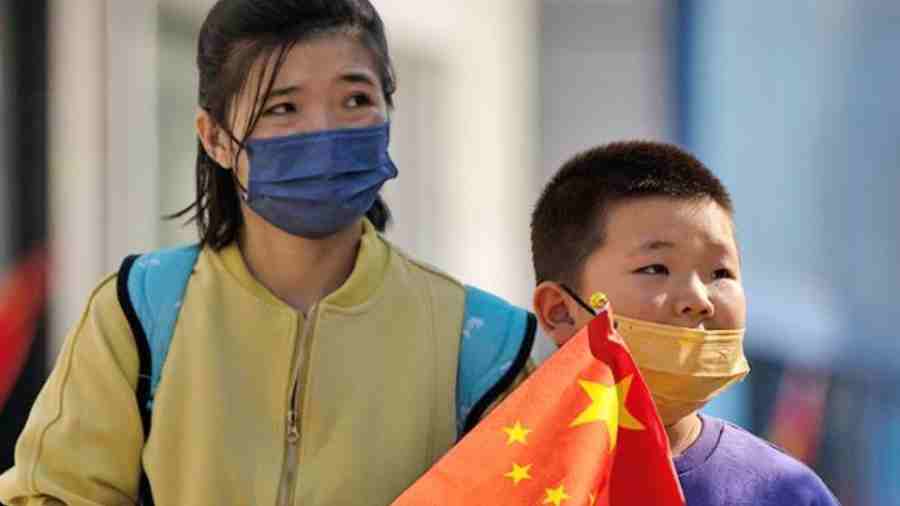The world’s most populous country has reached a pivotal moment: China’s population has begun to shrink, after a steady, yearslong decline in its birthrate that experts say is irreversible.
The government said on Tuesday that 9.56 million people were born in China last year, while 10.41 million people died. It was the first time deaths had outnumbered births in China since the Great Leap Forward, Mao Zedong’s failed economic experiment that led to widespread famine and death in the 1960s.
Chinese officials have tried for years to slow down the arrival of this moment, loosening a one-child policy and offering incentives to encourage families to have children. None of those policies worked. Now, facing a population decline, coupled with a long-running rise in life expectancy, the country is being thrust into a demographic crisis that will have consequences not just for China and its economy but for the world.
Over the last four decades, China has emerged as an economic powerhouse and the world’s factory floor. The country’s evolution from widespread poverty to the world’s second-largest economy led to an increase in life expectancy that contributed to the current population decline — more people were living longer while fewer babies were being born.
That trend has hastened another worrying event: the day when China will not have enough people of working age to fuel its growth.
“In the long run, we are going to see a China the world has never seen,” said Wang Feng, a professor of sociology at the University of California at Irvine who specialises in China’s demographics.
“It will no longer be the young, vibrant, growing population. We will start to appreciate China, in terms of its population, as an old and shrinking population.”
Government handouts like cash for babies and tax cuts have failed to change the underlying fact that many young Chinese people simply do not want children.
“I can’t bear the responsibility for giving birth to a life,” said Luna Zhu, 28, who lives in Beijing with her husband. Both their parents would be willing to take care of grandchildren, and she works for a state-owned enterprise that offers a good maternity leave package. But she is not interested in motherhood.
Births were down from 10.6 million in 2021, the sixth straight year that the number had fallen, according to the National Bureau of Statistics. China’s overall population now stands at 1.41 billion. By 2035, 400 million people in China are expected to be over 60, accounting for nearly a third of its population.
Labour shortages that will accompany China’s rapidly ageing population will also reduce tax revenue and contributions to a pension system that is already under enormous pressure.
India’s total population is poised to exceed China’s later this year, according to a recent estimate from the UN.
New York Times News Service











